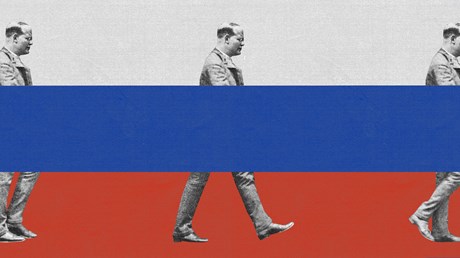European evangelical leaders discuss how membership in the body of Christ should guide believers when their nations are at war.

The first cleric has fallen to Russia’s new law.
Ioann Burdin of Resurrection Church in Kostroma, 215 miles northwest of Moscow, was arrested for “discrediting the Russian armed forces” in his Sunday sermon.
His parish also allegedly shared an antiwar petition.
“We, Christians, cannot stand idly by when a brother kills brother, a Christian kills a Christian,” the statement said, as reported by the BBC’s Russian service. “Let’s not repeat the crimes of those who hailed Hitler’s deeds on Sept. 1, 1939.”
Does Russia—and the world—need more like him?
Christianity Today previously reported the frustration of Ukrainian Christian leaders that their Russian counterparts should be like Dietrich Bonhoeffer. The famous German theologian was executed in the waning days of the Third Reich for complicity in an assassination plot against the führer.
Ukrainian evangelicals want Russian evangelicals to at least speak out.
Hundreds have. But is it fair to ask them to do so? Russia’s new law, passed March 4, provides penalties of up to 15 years in prison for simply calling Putin’s “special military operation” a “war.”
Five European evangelical leaders advised CT on which should be paramount: safety or solidarity.
CT: Esther in the Bible, and Bonhoeffer in history, are exceptional examples of faith. But are they normative for Christians—especially Christian leaders—in times of conflict?
Leonardo De Chirico, chair of the theological commission of the Italian Evangelical Alliance:
In a sense, the whole church has been given a prophetic responsibility to denounce evil and injustice. Then there are specific prophetic callings that individuals ...
from Christianity Today Magazine
Umn ministry


.gif)

.gif)
.gif)
